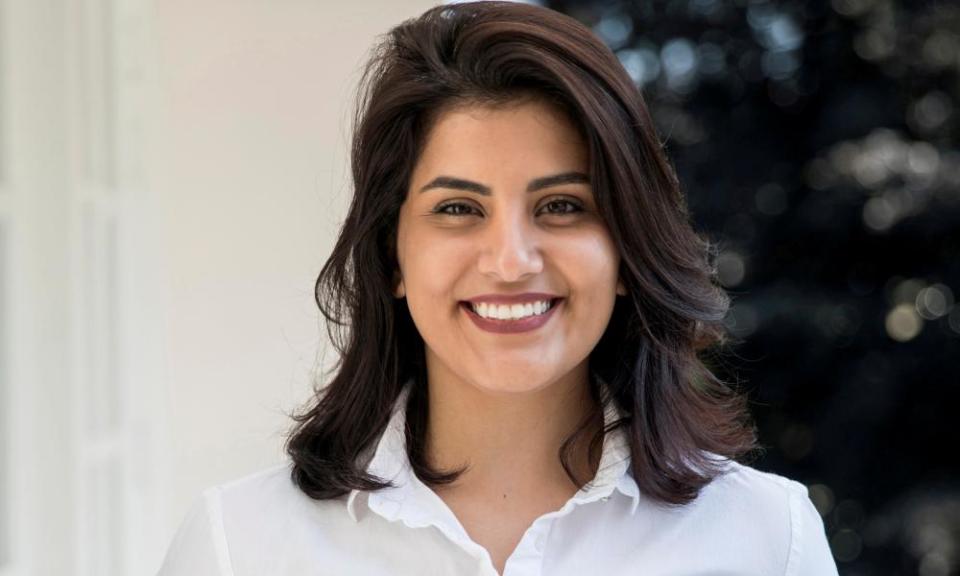Saudi women's rights activist's trial moved to terrorism court

Saudi Arabia has moved the trial of activist Loujain al-Hathloul to a special court that handles terrorism cases, a move condemned by human rights campaigners as a heavy-handed attempt to muzzle dissent.
Hathloul has been in jail without trial for over 900 days now, and her family said she looked weak and unwell at a rare court appearance on Wednesday, her body shaking and her voice faint.
She appeared with three other women who were also arrested in 2018, shortly before the government dropped its longstanding ban on women driving; Hathloul had been a prominent face of the grassroots campaign for change.
The court appearance came just after Saudi Arabia wrapped up its role as virtual host of this year’s G20 summit, which had women’s empowerment as one of its themes.
Her trial was expected to begin on Wednesday, but the judge’s decision to hand over her case to the “specialised criminal court” means further delays, and represents an escalation of the state’s case against her. It is unclear if the cases of the other women in the dock have also been moved.
“We’re very concerned about the use of this court, because it is supposed to look into cases of terrorism. It is not the place to try peaceful human rights activists such as Loujain al-Hathloul,” said Hashem Hashem, regional campaigner for Amnesty International.
“We are concerned that this transfer is to further muzzle peaceful and critical voices and to punish activists such as Loujain for demanding change and reform.”
The charges against Hathloul appear almost entirely related to her campaigning. Offences include speaking to journalists, diplomats and international activist groups, sources who saw the charge sheets, which have not been made public, have told campaign group Human Rights Watch.
Related: Saudi women's summit accused of 'whitewashing' record on rights
Her family and rights groups say she has been tortured in jail, and recently she has been held incommunicado for long periods.
She went on hunger strike in late October in protest, but after two weeks prison guards started waking her up every two hours which left her “psychologically exhausted” and she halted the strike, said her sister, Lina al-Hathloul.
Hathloul’s trial has been delayed before, and Lina said the family is frustrated by constant postponements, pointing out that the presiding judge had been dealing with the case for a year and eight months before announcing he did not have jurisdiction.
“We are disappointed but not surprised,” Lina told the Guardian. “Every decision from the beginning has been made impulsively and illegally. I know they are trying to break her but we won’t ever give up on her.”
The outgoing US president, Donald Trump, and the Saudi crown prince, Mohammed bin Salman, have been close allies, their bond helping blunt international scrutiny of the country’s handling of dissent and Saudi Arabia’s bloody intervention in Yemen.
The looming transfer of presidential power to Joe Biden will likely mean some increased pressure on Riyadh. Biden has promised to review US-Saudi relations, including Washington’s support for the Saudi intervention in Yemen.

 Yahoo News
Yahoo News 